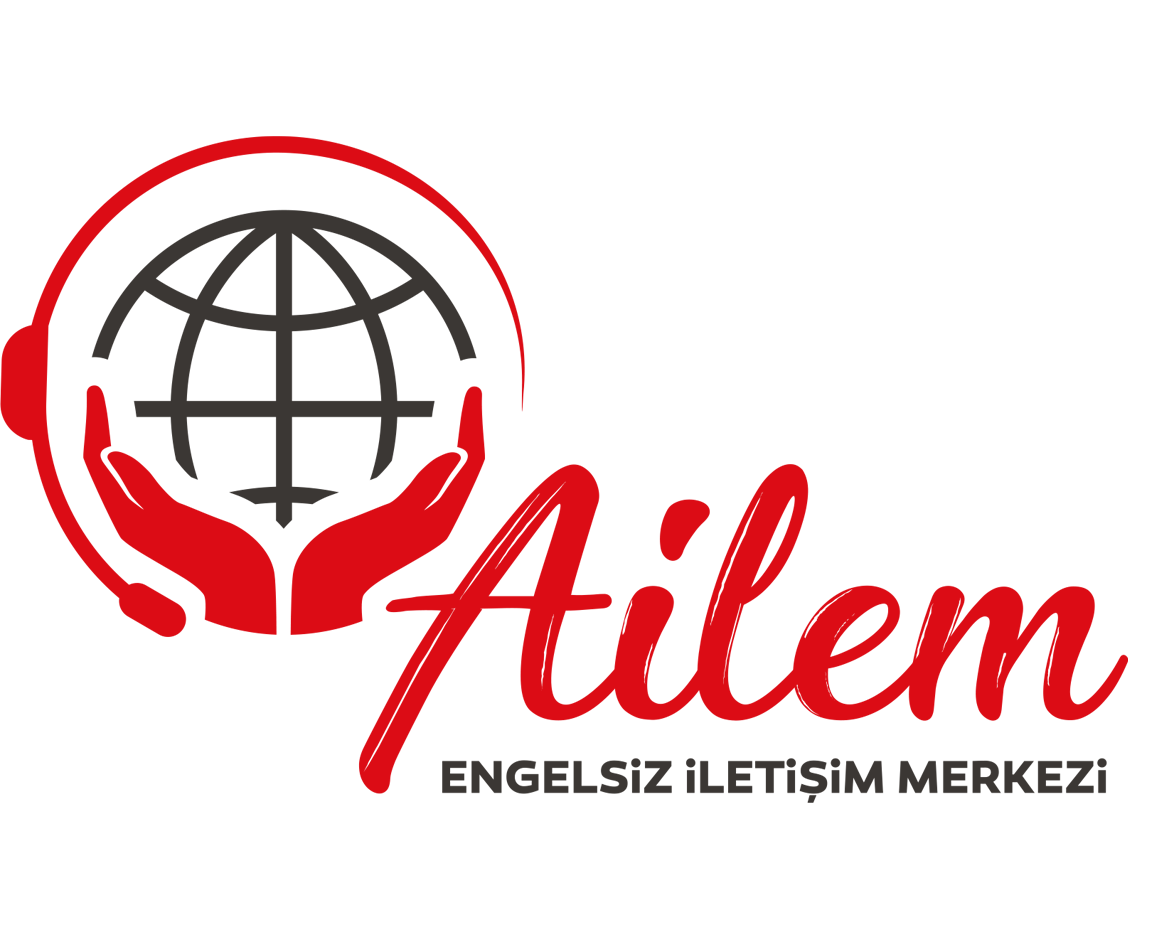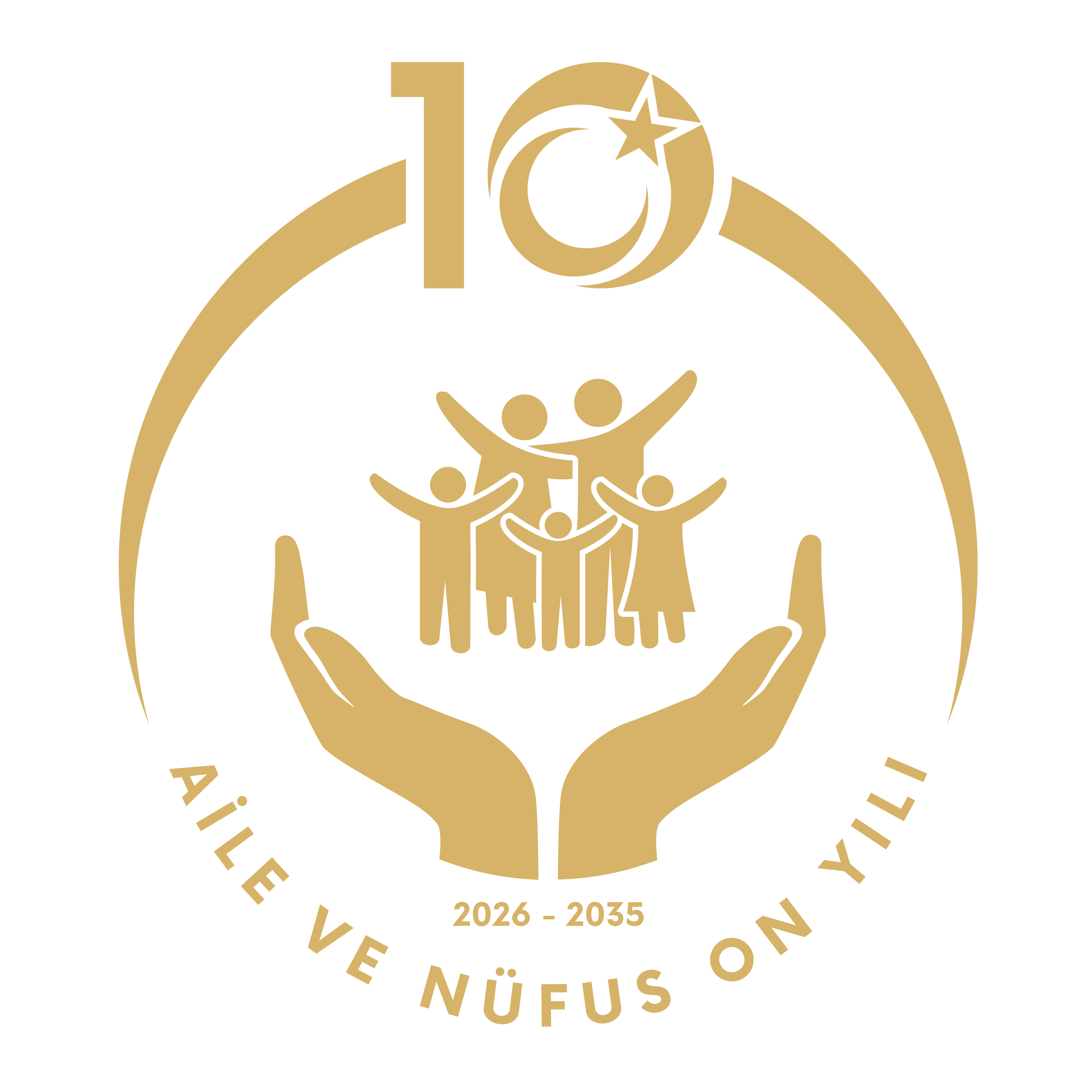
The First National Action Plan on the Rights of Persons with Disabilities (2023-2025) Regarding the Implementation of 2030 Barrier Free Vision Document was Announced
With the National Action Plan on the Rights of Persons with Disabilities covering the years 2023-2025, prepared by the Ministry of Family and Social Services, 275 activities determined by considering the needs arising from disability, regarding employment, accessibility, education, health, participation in political life, and protection of rights, will be realized.
In order to implement the 2030 Barrier-Free Vision Document, prepared under the coordination of the Ministry of Family and Social Services, the "National Action Plan on the Rights of Persons with Disabilities" covering the years 2023-2025 has been announced.
In the National Action Plan on the Rights of Persons with Disabilities, 275 activities to be carried out in 2023-2025 were determined for 107 action fields for 31 goals under the 8 objectives of the 2030 Barrier-Free Vision.
With the National Action Plan, which covers a wide areas such as employment, accessibility, education, health, employment, participation in political life, access, justice, and protection of rights, activities determined by considering the disability-related needs of persons with disabilities will be carried out.
Identified policy fields will be implemented under the headings of “Inclusive and Accessible Society”, “Protection of Rights and Justice”, “Health and Well-Being”, “Inclusive Education”, “Economic Security”, “Independent Living”, “Disaster and Humanitarian Emergencies”, “Implementation and Monitoring” under the coordination of the Ministry, in cooperation with public institutions and organizations in all areas, and with the participation of civil society organizations representing persons with disabilities.
Some of the works to be carried out in this context are as follows:
Efforts will be made to disseminate a rights-based perspective towards persons with disabilities. A national campaign will be launched to promote this point of view.
Participation of persons with disabilities in social, cultural activities, tourism, recreation and sports activities will be strengthened. The accessibility of the places where social, cultural and recreational activities are held and the services offered will be developed and diversified in accordance with the needs of different disability groups. Efforts will be made to expand the discounts and similar advantages applied to persons with disabilities in social and cultural activities.
Accessible housing services will be developed
With regard to the development of accessible housing services, problems in the "adaptive" housing design and construction stages will be identified with TOKİ, and cooperation will be carried out to solve these problems. A pilot study will be conducted with a municipality to make the necessary physical arrangements in the homes of families in need, who subsequently have a child with a disability or special needs. In addition, it is aimed to make the web pages of public institutions accessible within the scope of making transportation services and systems accessible, and increasing the accessibility of information and communication technologies and electronic service systems.
Participation of persons with disabilities in political life will be strengthened
In cooperation with the Ministry of Justice, studies will be carried out on the legal protection of persons with disabilities against discrimination, establishing a system for the equal recognition of persons with disabilities before the law, strengthening the participation of persons with disabilities in political life, the protection of persons with disabilities from acts that harm human dignity and dignity, such as violence and humiliating treatment, and on strengthening the participation of persons with disabilities in decision-making mechanisms.
In cooperation with the Ministry of Health, early intervention services for persons with disabilities will be developed. Protective and preventive studies will be carried out in areas with a risk of congenital or subsequent disability. Efforts will be made to strengthen accessible health services for persons with disabilities and to develop rehabilitation services, including diversified therapy methods.
Participation in all levels of education
In cooperation with the Ministry of National Education, children with special needs will be able to participate in all levels of education together with their peers. Meetings will be held to revise the education curriculum and materials in terms of disability discrimination. Family education and counselling services for the families of children with disabilities or at risk of disability will be expanded. Transition measures will be taken for persons with disabilities to secondary education, vocational education, higher education, employment, and lifelong learning environments.
Accessibility of persons with disabilities to vocational guidance and vocational training services will be ensured. Diversification of models, support of entrepreneurship, and economic support such as income support and tax regulations will be provided for the employment of persons with disabilities.
The development and dissemination of diversified and new generation care services that support independent living for persons with disabilities and their families will be ensured. Studies will be carried out to disseminate new generation care models that will provide care for persons with disabilities along with their families. A research will be carried out to determine the needs of persons with disabilities and families within the foster family system.








